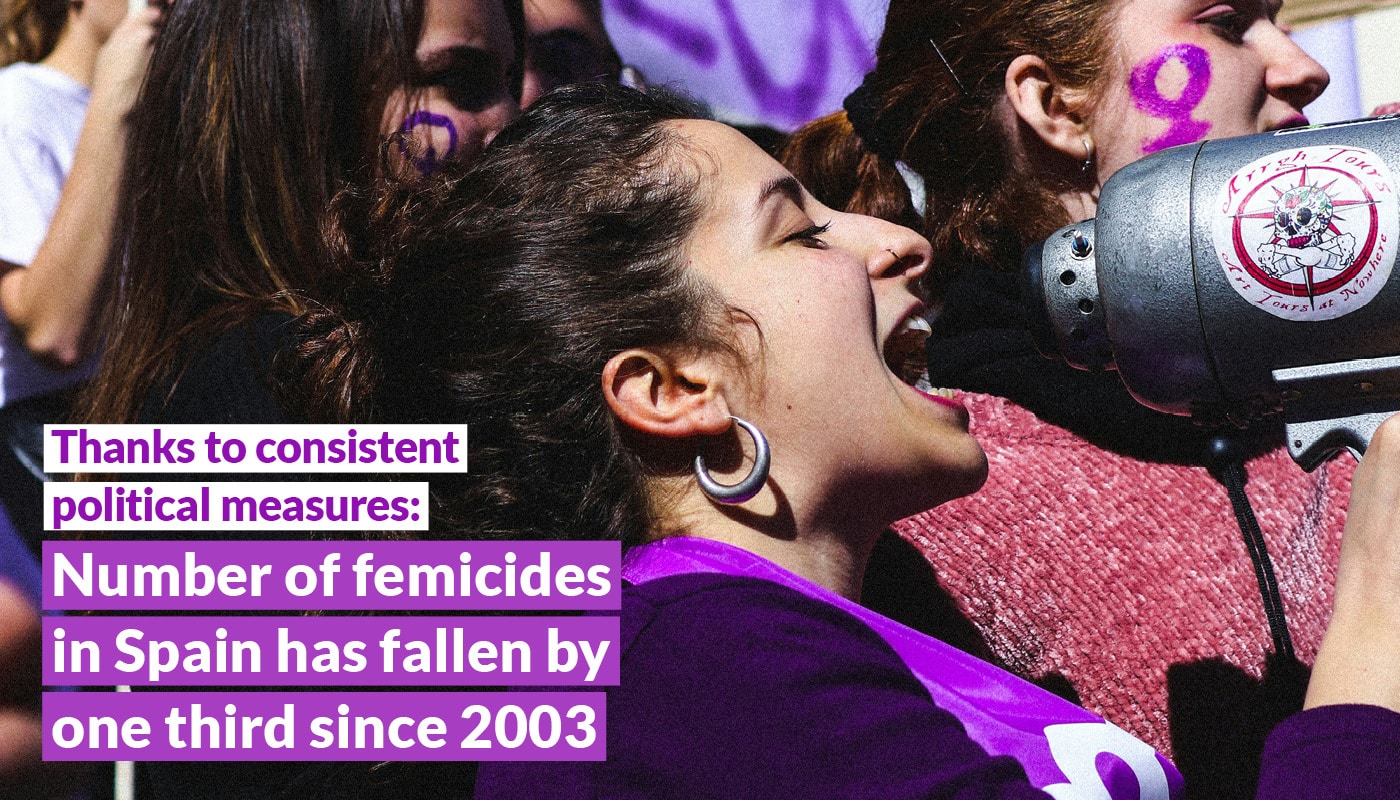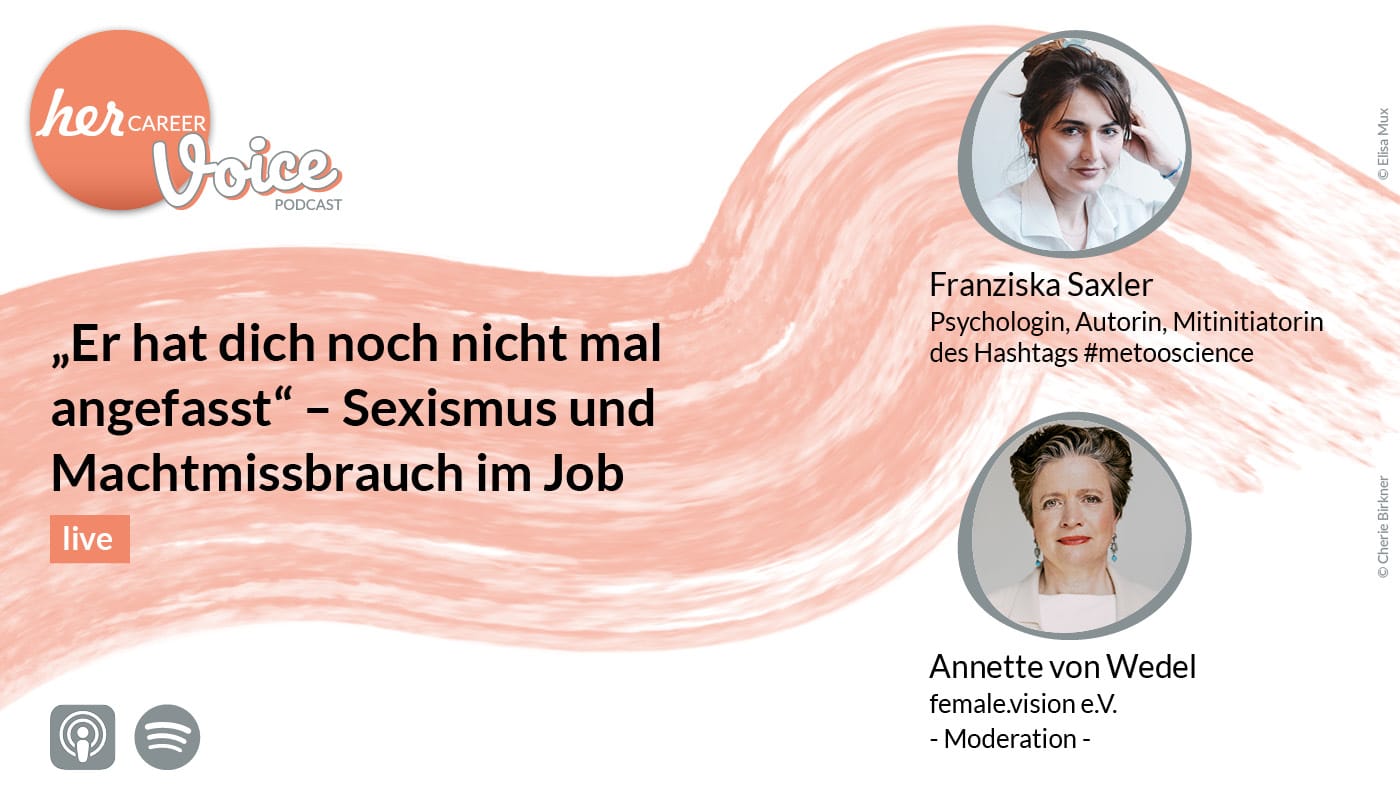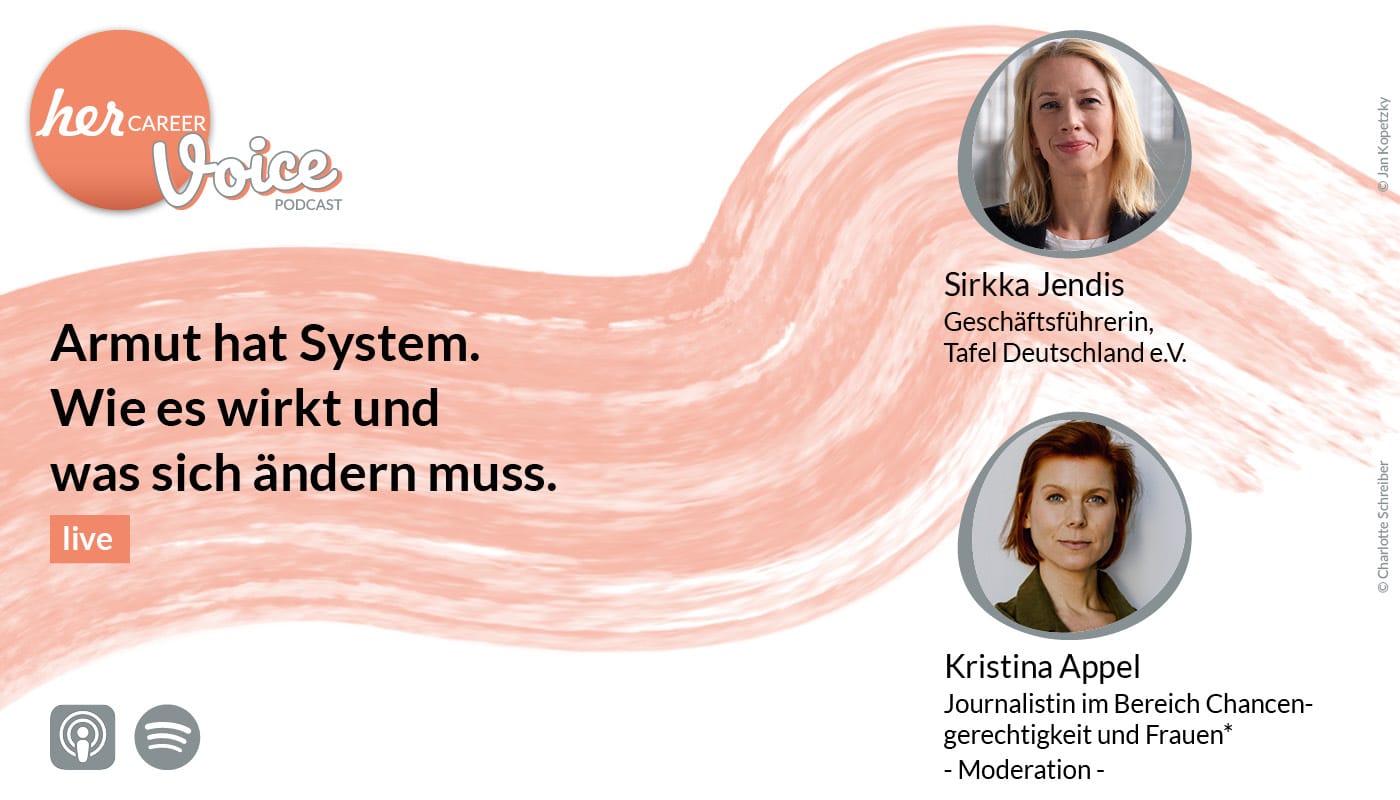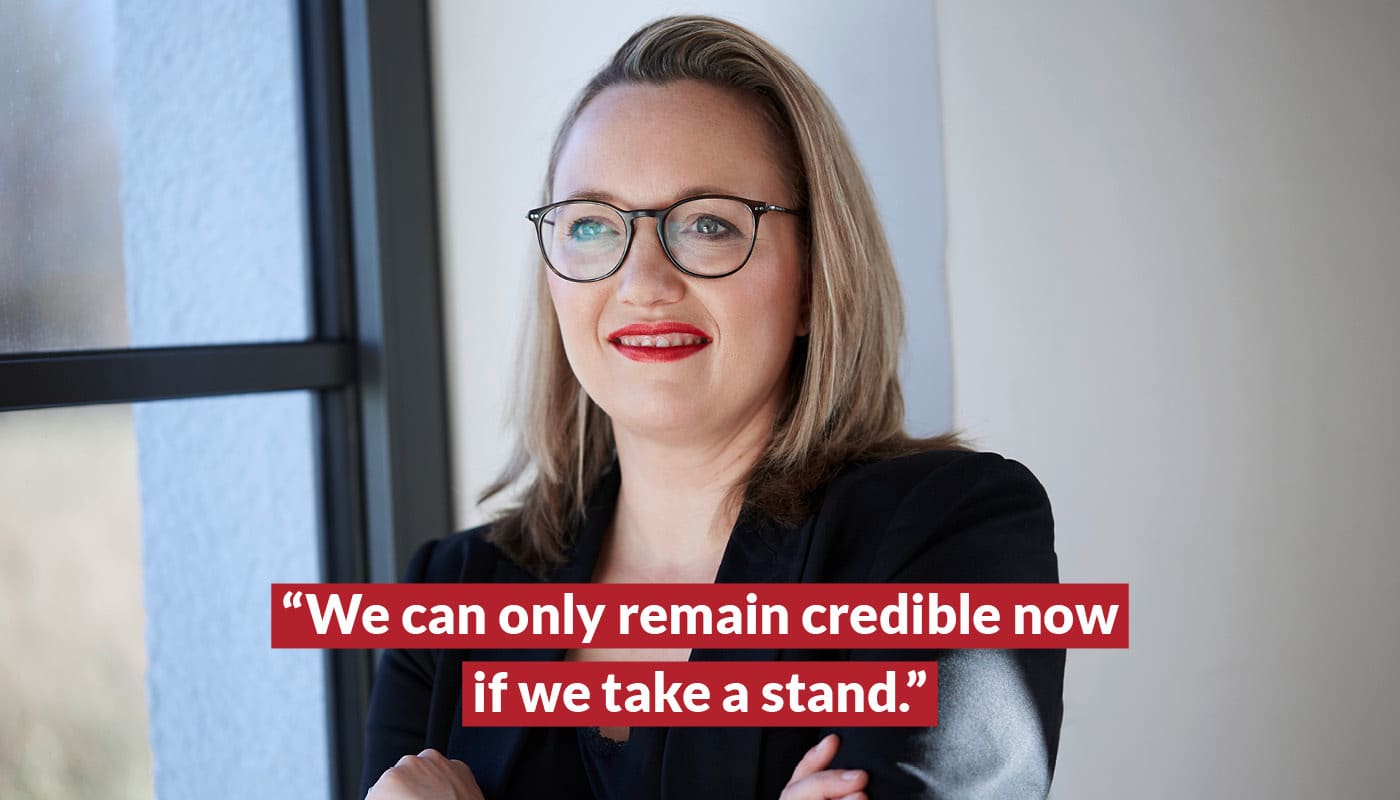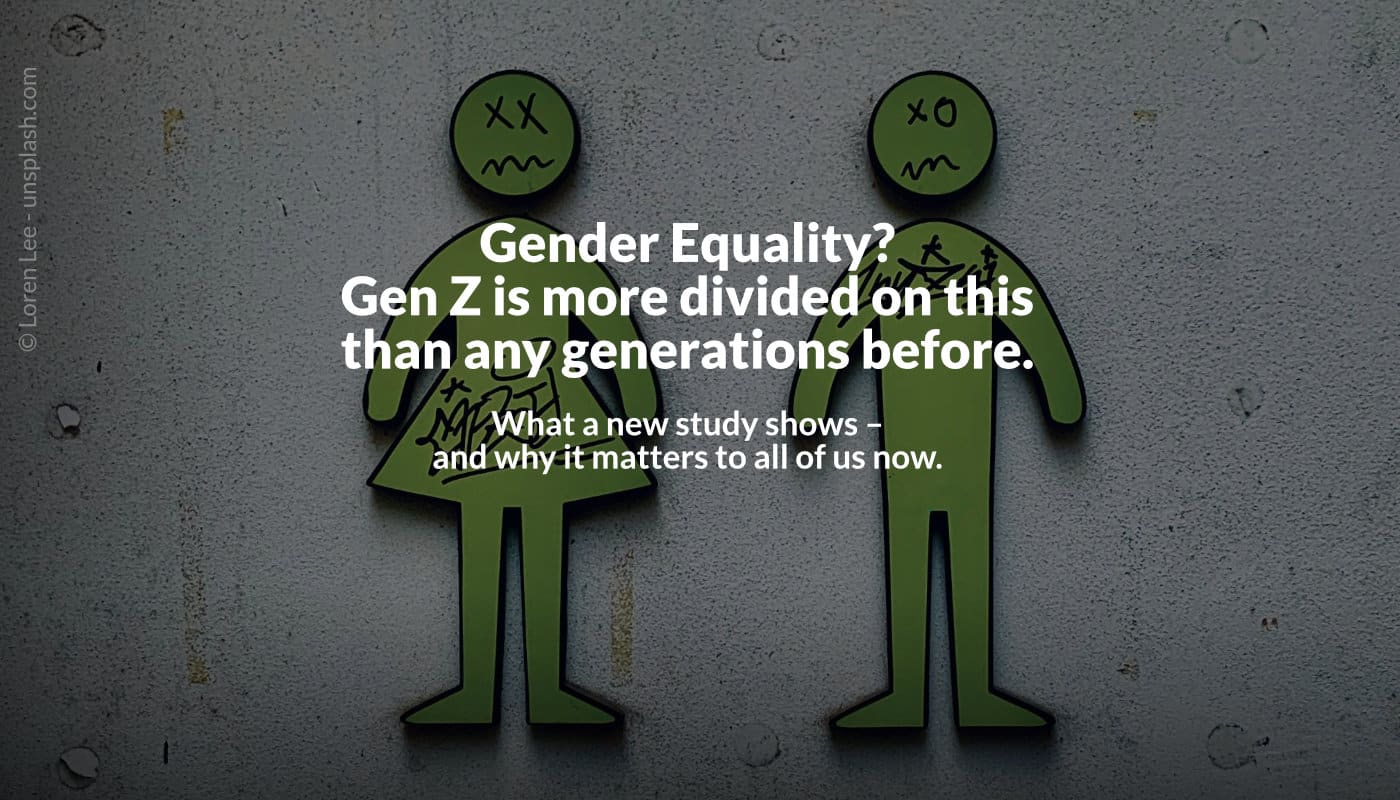“The current generation of youth is pragmatic, open-minded, and has a very positive outlook on the future,” says Mathias Albert, head of the new Shell Youth Study, in an interview with ZEIT ONLINE. For the study, a total of 2,509 people aged 12 to 25 were surveyed from January to March 2024.
Albert himself was surprised by the results – along with many others. ZEIT comments: “Now even this certainty is wavering. The one perceived truth everyone agreed on (…): The youth are broken. (…) Or, to put it in the terms of recent months: They vote in extremes, think pessimistically, and have lost faith in the state, society, and politics.”
But no: 76% of those surveyed believe that Germany offers them opportunities to achieve their goals and dreams. 75% are satisfied with democracy, and trust in state institutions has continued to grow. 54% look to the future of society with optimism. However, the study also reveals concerns: 81% fear war, 63% fear climate change, 58% fear xenophobia, and 64% fear polarization. A third are concerned about migration.
Ironically, the pandemic experience may have contributed to this stability, according to study director Albert: “This is the first generation since the war to witness firsthand that society can overcome a major crisis within a relatively short period.”
ZEIT also sees cracks in the study’s positive data. “There are not many Germans left who speak with young people, because there aren’t many young people anymore” – they represent only about 10% of the population. “Never have the young been so few. It’s easy to ignore them.” Or label them, especially in terms of the workforce, with tags like “barely resilient but with high demands.”
Half of young people feel completely ignored in political decision-making. The study’s researchers note, “However, what is striking and, in many ways, concerning is the strong discontent expressed by large parts of the youth. The criticism is sharp, often unforgiving toward political actors, and frequently tinged with populist elements.” Young people are very sensitive to being overlooked – especially in an aging society where older generations not only occupy positions of power but also wield power through sheer numbers, shaping policy accordingly.
Albert sees the study as a warning. “The youth’s message is: We are a stability anchor – for now. But include us, and tackle the problems!”
Experts have a few ideas: voting rights from age 16, more rights for youth representatives in communities, youth councils, more political education inside and outside of school, and support for volunteer services (instead of mandatory social service!). All of this requires money, time, and commitment…
What else might help?

Posted by Natascha Hoffner, Founder & CEO of herCAREER, WiWo columnist, LinkedIn TOP Voice 2020, W&V 2019 – 100 Köpfe
published on LinkedIn on 06.11.2024



